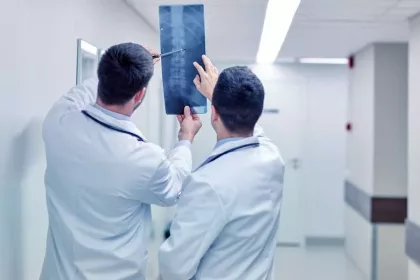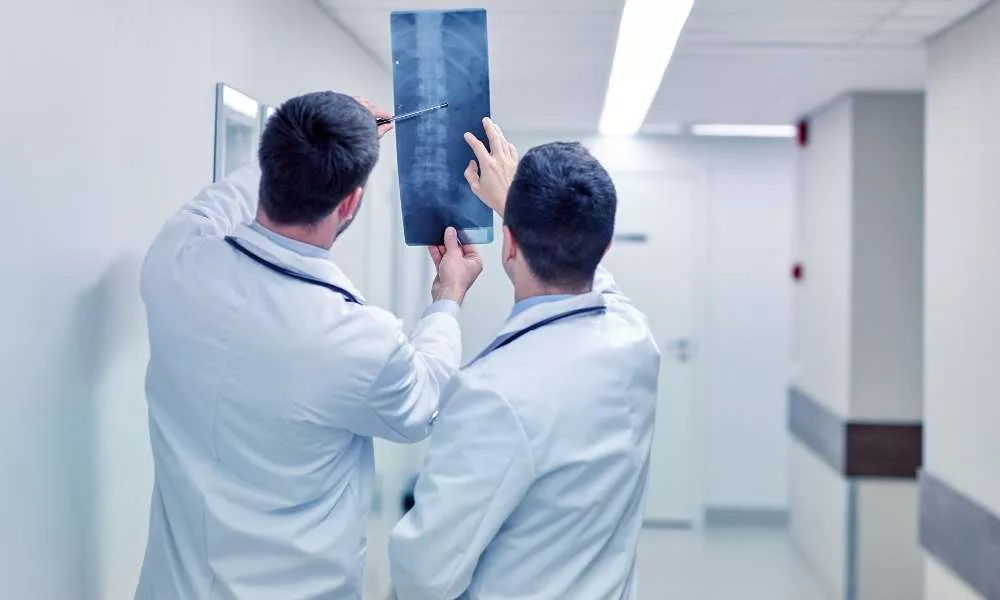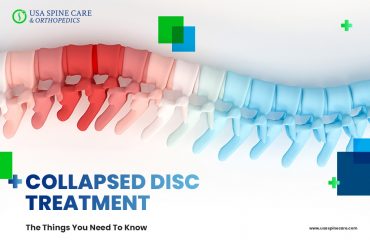

Traditionally, back surgery has conjured images of long incisions and lengthy recovery times. However, minimally invasive spine surgery (MISS) is revolutionizing the way back pain is treated. This article explores the benefits and drawbacks of MISS, helping you understand if it might be a game changer for your back pain.
What is Minimally Invasive Spine Surgery (MISS)?
MISS utilizes smaller incisions and specialized tools to access the spine. This minimizes disruption to muscles and surrounding tissues, leading to:
- Reduced blood loss and scarring
- Faster recovery times
- Less post-operative pain
- Shorter hospital stays
Common MISS Procedures:
- Microdiscectomy: Removes herniated disc material compressing nerves.
- Laminectomy/laminotomy: Creates space in the spinal canal by removing a portion of the bone.
- Foraminotomy: Enlarges the foramen, an opening where nerves exit the spinal canal.
- Spinal fusion: Fuses vertebrae for stability using bone grafts or implants (minimally invasive variations exist).
Benefits of MISS:
- Faster return to daily activities: Reduced muscle damage allows for quicker healing and regaining mobility.
- Less post-operative pain: Smaller incisions translate to less pain and discomfort after surgery.
- Shorter hospital stays: Quicker recovery often allows for same-day or overnight stays.
- Improved cosmetic outcomes: Smaller incisions leave minimal scarring.
Drawbacks of MISS:
- Technically demanding: MISS requires specialized training and expertise from surgeons.
- Not suitable for all conditions: Complex spinal issues might necessitate traditional open surgery.
- Limited visualization: Smaller incisions might restrict the surgeon’s view during the procedure.
- Potential for longer surgery times: MISS procedures can sometimes take longer than traditional surgery due to the meticulous nature.
Is MISS Right for You?
If you suffer from chronic back pain caused by herniated discs, spinal stenosis, or other conditions treatable with minimally invasive techniques, MISS could be a viable option. Consulting a board-certified spine surgeon specializing in MISS is crucial to determine if you’re a good candidate. They will assess your specific condition, medical history, and overall health to decide if MISS is the most suitable approach.
Conclusion:
Minimally invasive spine surgery offers a promising alternative to traditional open back surgery. While MISS presents significant advantages, it’s not a one-size-fits-all solution. Discussing your options with a qualified spine surgeon can help you determine if MISS can be the game changer for managing your back pain and regaining an active lifestyle.



